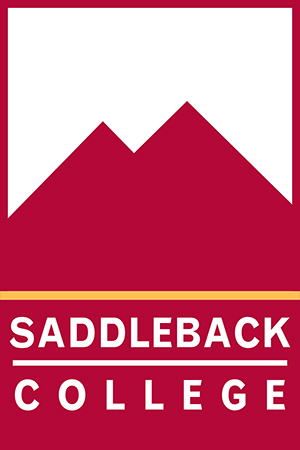Curious George
Mark Twain, the venerable, perennial and multifaceted iconoclastic, once exclaimed; “A man who does not read good books… has no advantage over a man who cannot!”
Reading is one of the most important things that the majority of people, regardless of the age at hand, don’t do enough of. Reading stimulates the thought process, expands and enlightens ones awareness and is a definite harbinger of stimulating epiphanies.
I’ll never forget what Winston Churchill, a fanatical reader himself, had once proclaimed about the importance of reading; “You are … what you read.” Whether the books subject matter is Nancy Drew, Farenheight 451, Moby Dick, War and Peace, King Arthur’s Court, or just The Cat In the Hat Comes Back; reading indelibly enriches ones imagination, vocabulary as well as enhancing one’s writing skills that will be needed and called upon time and again during ones entire life.
While the history of literacy goes back several thousand years to the development of writing, what constitutes literacy has changed throughout times past. At one time a literate person was defined as one who could sign his/her name. At other times literacy was measured only by the ability to read and write Latin; regardless of a person’s ability to read and write in his or her own vernacular. Even earlier, literacy was a trade secret of professional scribes, with many monarchies maintaining a cadre of this profession, as was the case for Imperial Aramic, who imported people from lands where a completely alien language was spoken and written.
Although the present-day concepts of literacy have much to do with the 15th century invention of the movable type printing press, it wasn’t until the industrial revolution of the mid-19th century that paper and books became affordable to all classes of industrialized society. Until then, only a small percentage of the population was literate as only wealthy individuals and institutions could afford the prohibitively expensive materials. Even today, the dearth of cheap paper and books is a barrier to universal literacy in some less-industrialized nations.
Reading can be described as a shared act, in which the reader’s exclusive imagination goes halfway to meet the authors; the reader visualizes the books subject matter as its being read and participates in the making of the characters and rounding them out.
High Definition or HD originated in books; not on a 60-inch flat screen plasma TV. The effort of bringing something vivid out of the neutral array of black font is quite different, and in my own experience, far better than passive submission to the bright icons and pixels of television, which tend to burn out the tender wiring of the viewers imagination because they allow no re-working.
You are what you read rings true with many of the world’s great historical figures who’ve contributed over the centuries to the arts, sciences and to society as a whole. Take Abraham Lincoln. Lincoln’s formal education consisted of about 18 months of schooling, but he was largely self-educated and an avid reader his entire life with an insatiable appetite to learn.
Lincoln’s readings and early influences came in the likes of William Shakespeare, David Hume, Ralph Waldo Emerson, Robert Browning, Alexander Pope and the King James Version of today’s perennial Number #1 best-seller … The Bible. These collective writings popped up in his many speeches during his historical campaign for the Presidency, as well as his writings, declarations and addresses as Commander-In-Chief.
With no modern day inquisition or monarchy to threaten the livelihood of the general population, and with free library cards available to anyone who is willing, there really is no excuse to not go to a library or a bookstore and pick out a subject matter that is most appealing.
Set time restrictions to the amount of TV time for your kids, including those mesmerizing X-Boxes, Wii and Sony Playstations; you’ll be doing your impressionable young one’s a life-size, life-long favor. Who knows maybe a 21st century version of a Twain, Lincoln, Einstein, Austen, London, Edison, Thatcher, Churchill, Bradbury, Parker, Hemmingway or a Pasteur may be in the making on the next page of your four year-olds Curious George book.
Steve Sayer
ALNews Columnist
Aliso Viejo


















